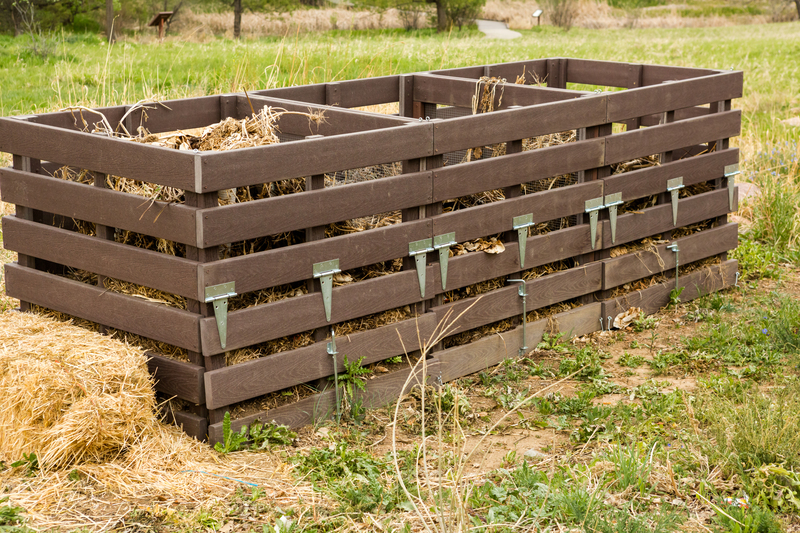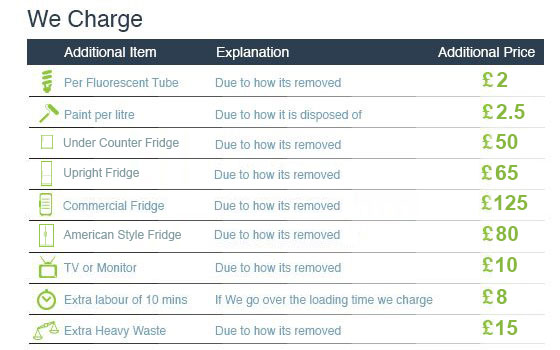Is Brixton a Good Place to Reside?
Posted on 09/11/2024
Is Brixton a Good Place to Reside?
If you're considering relocating to London, you might be wondering, "Is Brixton a good place to reside?" This vibrant district in South London boasts an eclectic mix of cultures, cuisines, and lifestyles. But is it the right fit for you? Let's delve into what makes Brixton a unique place to live and whether it might be your next home.
Cultural Diversity and Vibrancy
Brixton is known for its incredible cultural diversity. Walking through the neighborhood, you will encounter people from various backgrounds, and this multicultural atmosphere is reflected in the area's restaurants, shops, and community events. The Brixton Market is a particular highlight, offering a range of exotic foods and unique items that reflect the area's rich cultural tapestry.

Transport Links and Connectivity
One of Brixton's strong points is its excellent transport links. The Brixton Underground station, served by the Victoria Line, ensures that central London is just a few stops away. Additionally, there are numerous bus routes and a National Rail station, making commutes to other parts of the city straightforward and convenient.
Employment Opportunities
Given its proximity to Central London, Brixton offers plenty of employment opportunities, both within the district and in nearby areas. Many residents work in Central London and enjoy the relatively short commute. Additionally, Brixton itself has a thriving local economy with numerous businesses and startups.
Cost of Living
The cost of living in Brixton can be relatively high compared to some other parts of London, particularly in terms of property prices and rent. However, it is often considered more affordable than some of the more central areas like Chelsea and Kensington. Residents benefit from the convenience and amenities that come with living in a multicultural urban hub.
Educational Institutions
Brixton is home to several reputable schools and educational institutions, making it an attractive location for families. From primary schools to secondary schools and adult education centers, the area offers a range of educational opportunities.
Recreational Activities
Living in Brixton means you're never far from something to do. Whether it's enjoying a performance at the famous O2 Academy Brixton, relaxing in Brockwell Park, or exploring the local art scene, there's always something to keep you entertained. The area is also rich in history, with various landmarks and museums that are worth exploring.
Pros and Cons
Pros:
- Rich cultural diversity
- Excellent transport links
- Vibrant local economy
- Abundance of recreational activities
- Reputable educational institutions
Cons:
- High cost of living
- Noise and crowding in certain areas
- Varied safety levels
Tips for Living in Brixton
- Explore the Market: Take advantage of the local Brixton Market for fresh produce and unique finds.
- Use Public Transport: Leverage the excellent transport links to commute and explore other parts of London.
- Get Involved: Engage with community events to make new friends and feel more at home.
- Stay Informed: Keep an eye on local news and happenings to stay informed about the area.

Takeaways
Living in Brixton offers a blend of cultural richness, excellent connectivity, and a vibrant lifestyle. However, it also comes with the downsides typical of urban living, such as a higher cost of living and occasional noise and crowd issues. Overall, whether Brixton is a good place to reside depends on your personal priorities and lifestyle preferences.
Conclusion
So, is Brixton a good place to reside? In many ways, yes. It offers a unique living experience steeped in cultural diversity, has excellent transport links, and plenty of amenities. However, the high cost of living and occasional issues with noise and safety might deter some. Consider visiting and exploring the area yourself to see if it aligns with your needs and expectations.
Direct Answer: Yes, Brixton is generally considered a good place to reside, particularly for those who value cultural diversity, excellent transport links, and a vibrant local community. However, potential residents should consider the higher cost of living and other urban challenges to determine if it is the right fit for them.

















